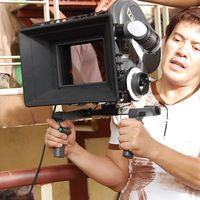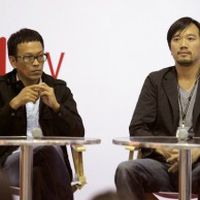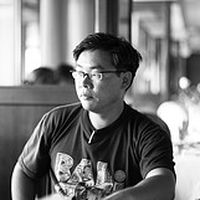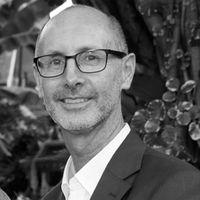International Creative Industries Forum ART-WERK in Moscow | Key takeaways
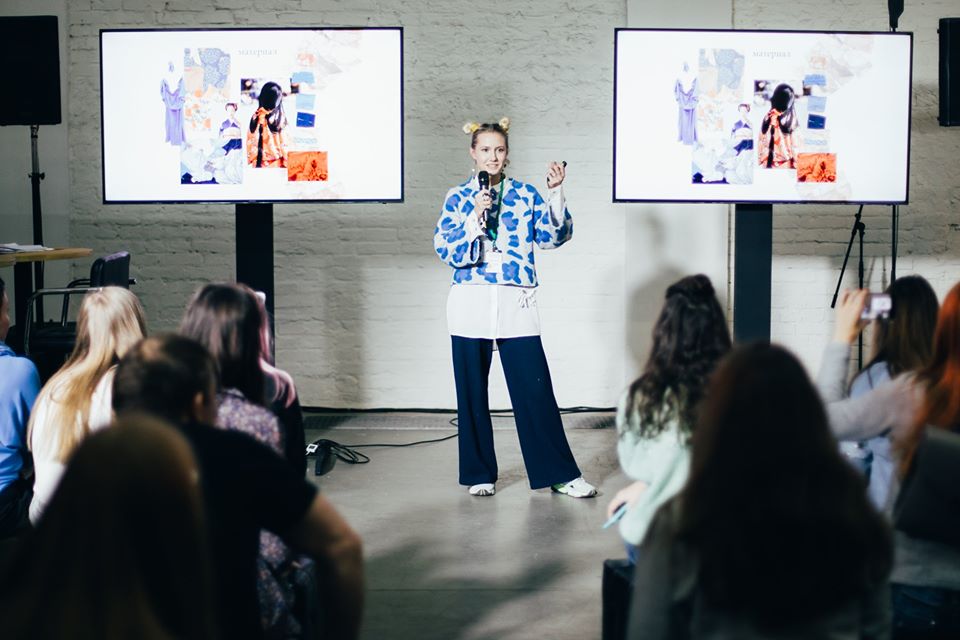
On November 22–23, the International Creative Industries Forum ART-WERK was held in Moscow. The event was organized by Friedrich Ebert Foundation, Goethe Institute in Moscow, and “Winzavod” Center for Contemporary Art.
Over 100 speakers — entrepreneurs, educators, researchers, and government officials — from 13 countries, including Russia, Germany, Belgium, the Netherlands, Nigeria, Turkey, gathered in Moscow’s art cluster “Winzavod” to exchange ideas and discuss the growing importance of the creative sector in the local and global economy. The wide network of partners included Hamburg Kreativ Gesellschaft, KomKuK Competence Center for Creative Industries, Moscow Urban Forum, and Universal University, the first independent university for creative industries in Russia.
As the central theme of the ART-WERK 2019 forum was “Creative Industries for Change”, leading experts and emerging creatives talked about creative communities, sustainability in fashion and architecture, access to funding, digital disruptions, creative tourism in the regions, etc. More than 30 events took place at the forum over two days including panel discussions, workshops, round tables, and best practice presentations. A whole range of creative and artistic projects — from handmade watercolors to Kazakh traditional textiles to zero waste fashion — were showcased in the startup exhibition hall. The students of the British Higher School of Art & Design presented their “Change Maker” project in collaboration with the H&M brand, while the graduates of the Moscow Film School showed their environmental documentaries in the eco film lounge.
Here are 7 takeaways from the creative industry experts who hit the stage during the 2-day event:
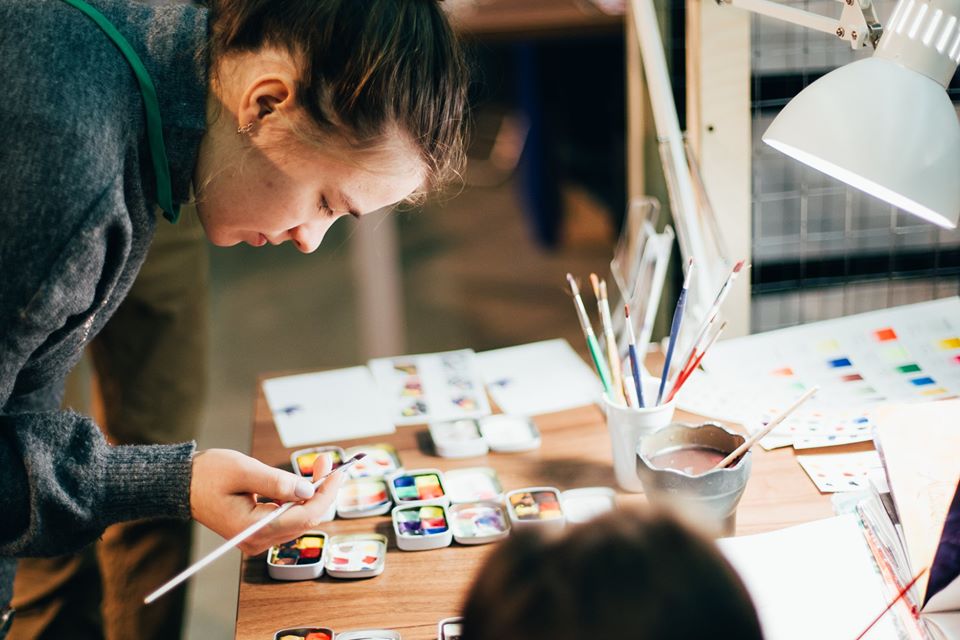
1.The role of creative industries
Peer Teschendorf, Head of the branch of the Friedrich Ebert Foundation in Russia:
“Creative industries are fostering changes in both the economy and society. They are reenergizing the near-death zones, like plants, factories, and other deserted areas that have been almost forgotten, giving them a new lease of life. The creative industries are also generating new job opportunities, they are stabilizing the economy, connecting conventional areas with new technologies. What especially relevant for today’s Russia is that the creative industries are giving a new positive image to entrepreneurs, who can now reestablish their trust two decades after the wild 90s.”
2.The next generation of creative entrepreneurs
Katerina Cherkes-zade, Director of Universal University, Moscow, Russia:
“When I look at the 16-year olds who are applying for our BA programmes in Design and Architecture and the mature adults who decided to join our CPU programmes in filmmaking, game design, etc., I can spot a huge difference in their goal settings — in terms of both the reason to study and their plans for the future. Today’s young people care more about benefiting humanity than generating profits. But at the same time, Gen Z is the generation of entrepreneurs: they are distrustful of big companies and won’t go for perks and goodies if their work brings no value.”
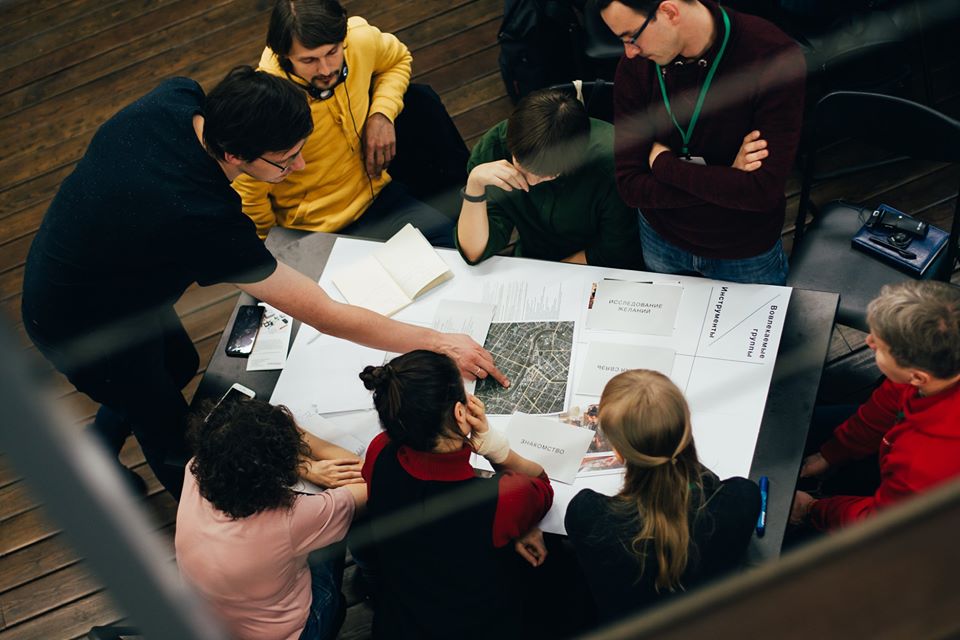
3.Key trends and growth areas in creative industries
Nina Klass, Director of nextMedia Hamburg, Germany:
“Content is still king. For the content media industry, artificial intelligence is a huge thing as well as virtual reality and the voice tech. There are also many disrupting markets aside. For example, we brought together the content industry and the mobility industry. The easiest example here is a self-driving car when you have free hands and consume more content. There is a market there, and we’re trying to bring power into that. Because mobility technologies will all be the same one day and they will differentiate through the content. Technology is just a vehicle to make it work.”
4.Industry-oriented education and core skills for creatives professionals
Tim Simmons, British Higher School of Art & Design, Moscow, Russia:
“I think all creative subjects place entrepreneurial skills at the core. It’s now globally recognized that 21st-century skills for survival are the 4 Cs: critical thinking, communication, collaboration, and creativity. Those 4 aspects have been taught in creative subjects since the beginning. Interestingly, creative graduates are fully equipped for the modern world, whereas other subject areas are just realizing that. How do you develop teamwork skills if you just learn from the book? It doesn’t work like this in studios, in theatre or in film. I think that creative graduates are already one step ahead of graduates in other subject areas.”
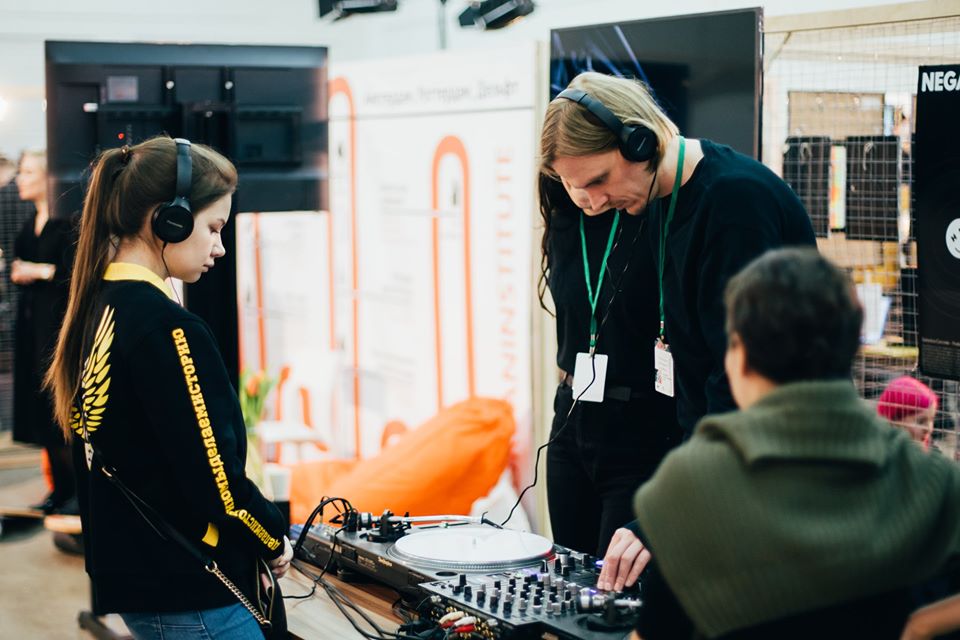
5.Four areas for the future, where creatives can succeed
Michael Kilpper, Deputy head of unit for Cultural and Creative Industries at the Federal Ministry of Economics and Energy, Berlin, Germany:
“First, sustainability and values are becoming the drivers of economic development. On the side of entrepreneurs, people start to care about it. They want to have other values than just economic success. On the scene of the consumers, people look closely at what they’re buying, what they’re actually wearing. Second, who is producing content in the digital age? Creatives are doing that. Creativity cannot be depleted. Nobody needs Twitch without games and Netflix without movies. Third, demand globally is becoming culturally driven. When the basic needs are met and global society is growing, people are buying more things they can identify themselves with. We buy stories, not products as such. The last area is innovation, but largely nontechnical.”
6.Access to funding for artists and creatives
Alexander Ramselaar, Finance program manager, Cultuur+Ondernemen, the Netherlands:
“When people come to us and say ‘we need finance’, we say that we need an artistic vision, a strategy behind it. The main thing for us is the willingness to do the next step, to put the effort into it, then it’s a cooperation. We’re not going to find solutions for them, we are the partner that guides them, so they will have to do everything themselves. Our goal is that all these tailored-made finance programmes should end up being temporary. Because in the end, we think that artists and creatives should have access to normal sources of finance.”
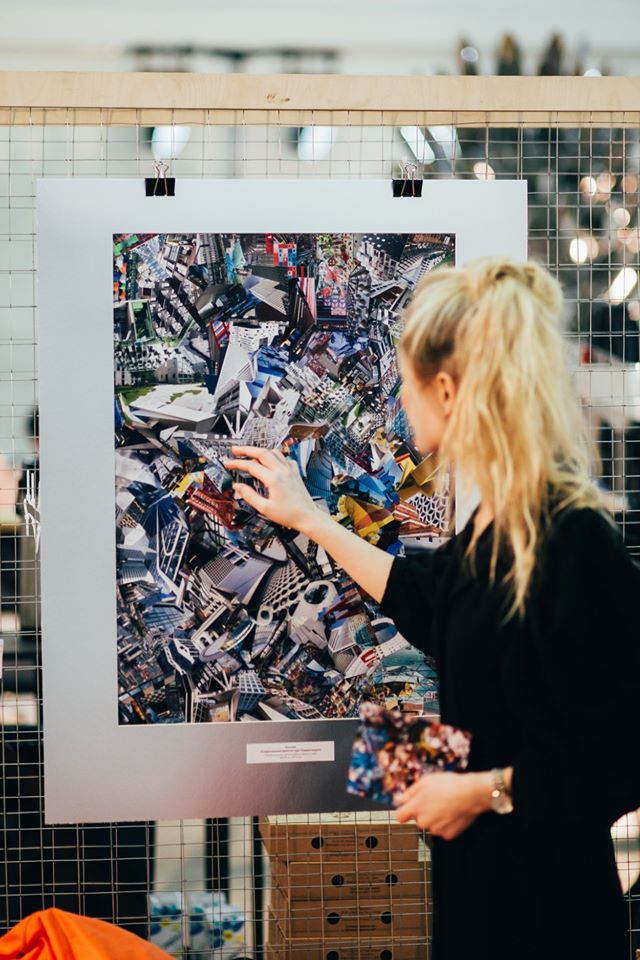
7.Sustainability as a lifestyle and a way to be more creative
Chioma Ogbudimkpa, Founder of Redbutton, Lagos, Nigeria:
“A lot of creative and fashion people are interested in using organic and handcraft materials, but they do not bother about other aspects of sustainability — process, lifecycle, people. As an artist, I can think more creatively about the ways I do my work. From the beginning, I’m designing a lifecycle plan for products, I’m conscious of the environment and the people: people who create must be taken care of. The sustainability agenda has become a buzzword. I feel that it’s a movement. You pledge to be sustainable with everything you do. It’s not just when you’re creating your products. Sustainability is a lifestyle.”

